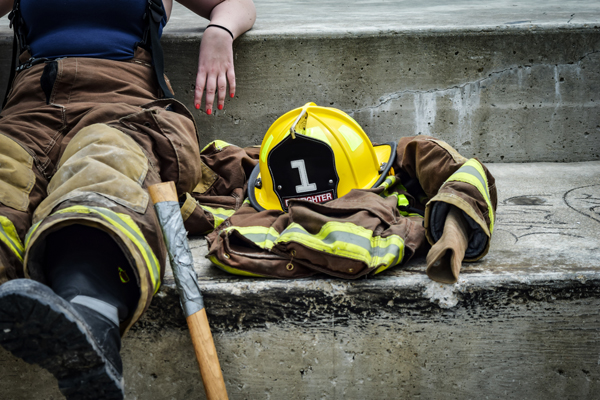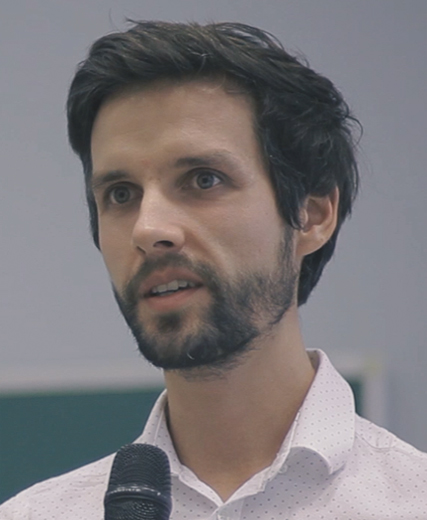What is an addiction?
It is not drugs that make a person addicted, but a sense of isolation and the need to escape from emotional pain. Almost everything we know about addictions is wrong and it’s about time to look at this phenomenon in a completely new way. So – what is addiction?
What is addiction?
For starters, before you start reading this short article, I suggest that you watch this smashing 5-minute animation film. It fantastically shows why our thinking about addiction is mostly wrong, what is addiction for real, and how it really work.
I like the way the above animation helps us cast aside the biggest myth about addiction, namely “we get addicted to a drug.”
The contemporary world gives us many examples. Almost anything can be addictive, from sweets and internet to world news in tv. Some people are addicted to shopping or sex, while others to smartphones.
However, what is addictive is not the active substance itself, but our need to escape from what is going on inside ourselves.
Unfortunately, the story of the rat’s paradise gives us too little information on how we should deal with our addictions. Following a guideline to create a “human paradise” and make the transition from the state of alienation to the state of connection with other people sounds very reasonable, but is too general to implement.
What does it mean to feel alienated? Where does this condition stem from and what is it caused by?
Firefighters
According to the theory of the Internal Family Systems Therapy (IFS), addictions are a strategy developed in order to redirect attention from emotions that we can’t deal with otherwise. Many of us have been wounded in the past. Such wounds can evoke in our adult life the feelings of fear, shame, guilt, hopelessness, rejection. These psychological wounds lead to a state of alienation, isolation and loneliness.
According to IFS, when our consciousness can’t cope with the feeling of pain, the so-called firefighters, parts of our personality (or subpersonalities) responsible for “putting out fires”, are developed within our internal system. It is a kind of “emergency” mode of thinking and acting of our psyche.

Every time difficult emotions overflow us, a firefighter takes control and does whatever it takes to ward off our consciousness from painful experiences. Firefighters can do it in a lot of different ways. Some make you open their fridge and binge at night, others make you enter porn sites or drink hard liquor. Every time the effect has to be the same – pain relief.
The problem is that emotions, which are not worked through, once and for all, keep coming back, and so does the need for a firefighter’s intervention.
Addiction can have different symptoms, but they usually boil down to the same function: to divert our attention from the emotions which try to storm our consciousness. Emotions want to be expressed, understood and accepted. Therefore, the more we try to escape the pain, the more it keeps nagging us.
The way out of an addiction can’t be limited to working on the very addiction mechanism, but first and foremost on what our addiction attempts to protect us from. Often this requires therapeutic work with the most wounded and aching parts of our personality.

Emotion regulation
If at a given stage of life we are not ready for psychotherapy, or if our addiction is not severe, we can take a different road and try to deal with it on our own. We can learn to regulate our emotions in a new way, without reaching for the drug. The key thing is to find a simple and effective way of releasing emotional pain which has, so far, been a stimulus to our addictive behaviour.
So, for example, when we are sad, instead of grabbing chocolate, we go for a walk; when we feel lonely, instead of turning to alcohol, we practice meditation, and so on. It all comes down to a proper way of coping with what we have so far wanted to escape from.

It is also worth noting that addictions are often a rather complicated process, which involves more than just one or two parts of our personality.
For example, when it comes to smoking cigarettes, one part of me may want to quit smoking, because it cares about my health, while the other wants to quit because it doesn’t want to spend money on it. However, the third one can be in favour of smoking, because it wants to satisfy my need of a sense of belonging to a certain group of people. Finally, the fourth part might want to continue smoking, because it is the only known way to de-stress.
The mistake most people make when coping with their addiction is that they try to do it without acknowledging those parts of the personality that benefit from the addiction. Unless we learn to meet our needs in a different way, those parts of our personality will soon strive to return to the addiction to satisfy the need for a sense of belonging or easy de-stressing.
That’s why, working with any addiction should start with:
- Look at the wounded and aching parts of our personality in order to set them free from the pain
- Locating other profits that we gain from a given addiction and finding other ways to meet our needs.
When these two points are ticked off, we roll our sleeves up and get down to the more behavioural part of addiction (as long as it is still needed at this stage), that is, the habit of reaching for the drug.

You might want to try to deal with this on your own, but be aware that in many cases you might need sessions with a psychotherapist. There is nothing to be afraid of, because if you find a good specialist, therapy may turn out to be the best thing that has ever happened to you.
You don’t necessarily need to have a diagnosed disorder to go into therapy. Psychotherapy is a fantastic tool also for mentally healthy people who might still carry some deeply buried wounds (which can lead to various dependances).
To be continued
It would be great if this article was continued by you in the comments section. Feel free to give examples of how difficult emotions lead us to addictions, so we can discover together the real answer for – what is addiction. Take a moment to reflect on the following questions:
-
1. What am I addicted to?
2. What do I try to escape from using this addiction?
In order to answer the second question, you can recall what you feel just before reaching for the drug. Visualize this moment with your eyes closed and think about the emotions that prompt you to do it?
Share your thoughts and discoveries in the comments section. This will be helpful to all of us who want to better understand the nature of our addictions and successfully break free from them.

